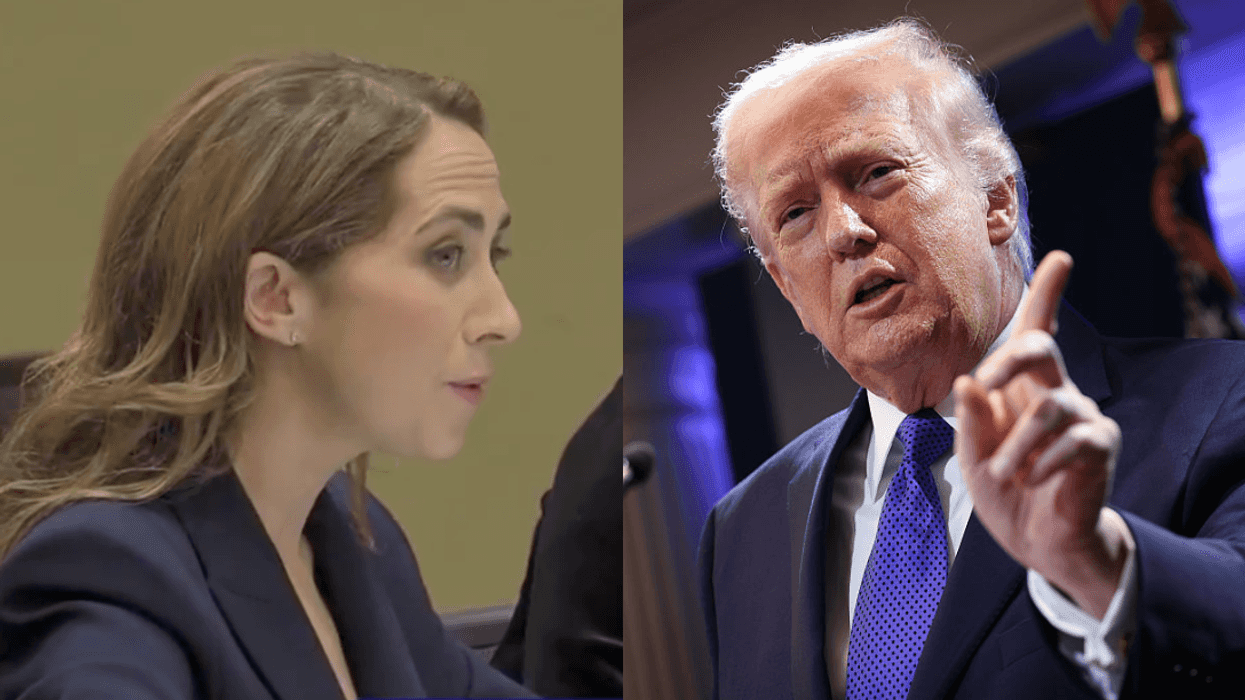Attorney George Conway, the husband of presidential counselor Kellyanne Conway, tweeted that President Donald Trump's obstruction of the Mueller investigation was "worse than Nixon," because, as he wrote in an April 18 column for The Washington Post, "The investigation that Trump tried to interfere with here, to protect his own personal interests, was in significant part an investigation of how a hostile foreign power interfered with our democracy."
Conway referenced his own piece after retweeting an observation from Washington Post columnist Greg Sargent, who, in quoting fellow Post writer Philip Bobbit, remarked that Democrats are not making one of their "best" arguments against Trump: "That by obstructing the probe, Trump impeded the inquiry into not just his conduct, but also into the Russian attack on our political system."
"Exactly right," Conway wrote, before referencing his own column.
Conway went on to explain that in putting his own "vanity and self-interest above that of the nation and people whose laws and Constitution he swore to faithfully execute and uphold," Trump committed acts that warrant impeachment.
"If that's not impeachable, nothing is," he wrote.
Conway added that the Framers of the Constitution would have agreed that the case of Trump "would have been an easy one" for them to decide, saying that we should follow suit.
Others concurred with Conway's assessment.
At least one Democrat is on message: Senator Elizabeth Warren (D-MA) made this same argument during an appearance at a CNN town hall last night, saying that her colleagues cannot avoid impeachment because it is politically convenient:
”There is no political inconvenience exception to the Constitution. This is not about politics, this is about principle. This is about what kind of a democracy we have...The first is that a hostile foreign government attacked our 2016 election in order to help Donald Trump. The evidence is just there. Read it, footnote after footnote, page after page documentation. Part two, Donald Trump welcomed that help. When the federal government starts to investigate part one and part two, Donald Trump took repeated steps aggressively to try to halt the investigation.”
The Trump administration’s State Department has long been criticized for not taking the threat of Russian disinformation efforts seriously.
The State Department’s failure to embark on a $40 million initiative to counter Russia election interference and disinformation has also been questioned. The funds for the initiative came by way of the 2017 National Defense Authorization Act. It’s unclear, however, how much of the initiative has been carried out and how much of that funding has been made available to the GEC.
That $40 million amount is “just a third of what was originally intended,” according to March 2018 report from The New York Times that found “the State Department has yet to spend any of the $120 million it has been allocated since late 2016 to counter foreign efforts to meddle in elections or sow distrust in democracy.”
The report continued:
"As a result, not one of the 23 analysts working in the department’s Global Engagement Center — which has been tasked with countering Moscow’s disinformation campaign — speaks Russian, and a department hiring freeze has hindered efforts to recruit the computer experts needed to track the Russian efforts."
In February, the president retaliated against the House Intelligence Committee, saying that there is no reason for Congress to investigate whether his decision-making (which has often been described as deferential to Russian adversaries) has been motivated by financial gain.
House Intelligence Committee Chairman Adam Schiff (D-CA) said the investigation will “allow us to investigate any credible allegation that financial interests or other interests are driving decision-making of the President or anyone in the administration,” adding that the investigation’s scope “pertains to any credible allegations of leverage by the Russians or the Saudis or anyone else.”
The president characterized the probe as “Unlimited Presidential Harassment.”
The Mueller report has been described as a road map to impeachment, and it notes that while Trump’s “efforts to influence the investigation were mostly unsuccessful, but that is largely because the persons who surrounded the President declined to carry out orders or accede to his requests,” that doesn’t shield him from formal charges.
“The Constitution does not categorically and permanently immunize a president for obstructing justice,” Mueller wrote, adding:
“The conclusion that Congress may apply the obstruction laws to the president’s corrupt exercise of the powers of the office accords with our constitutional system of checks and balances and the principle that no person is above the law.”

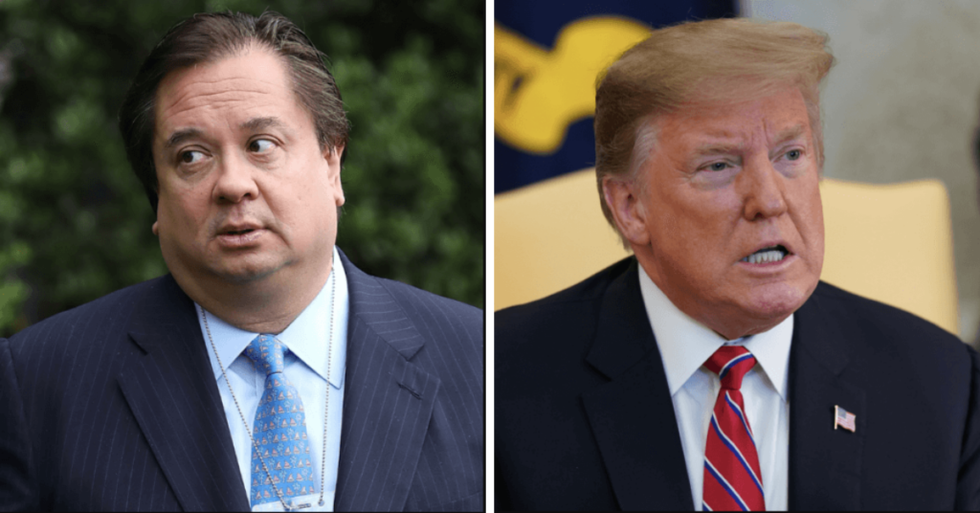

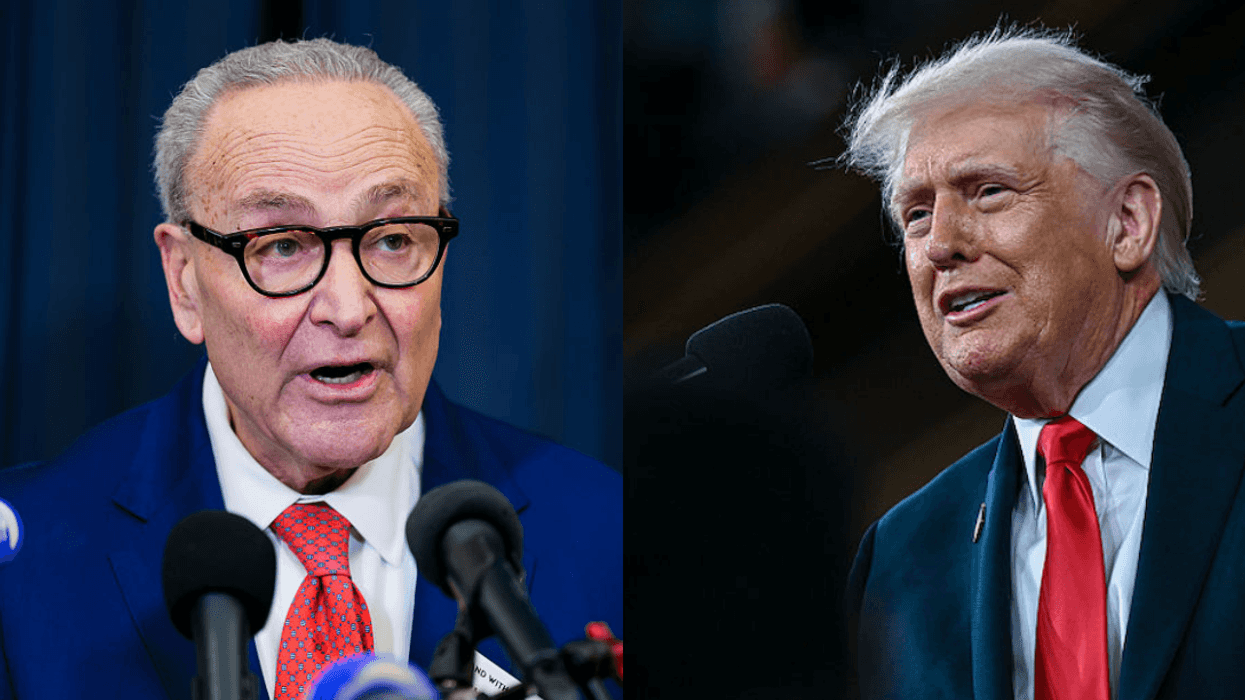




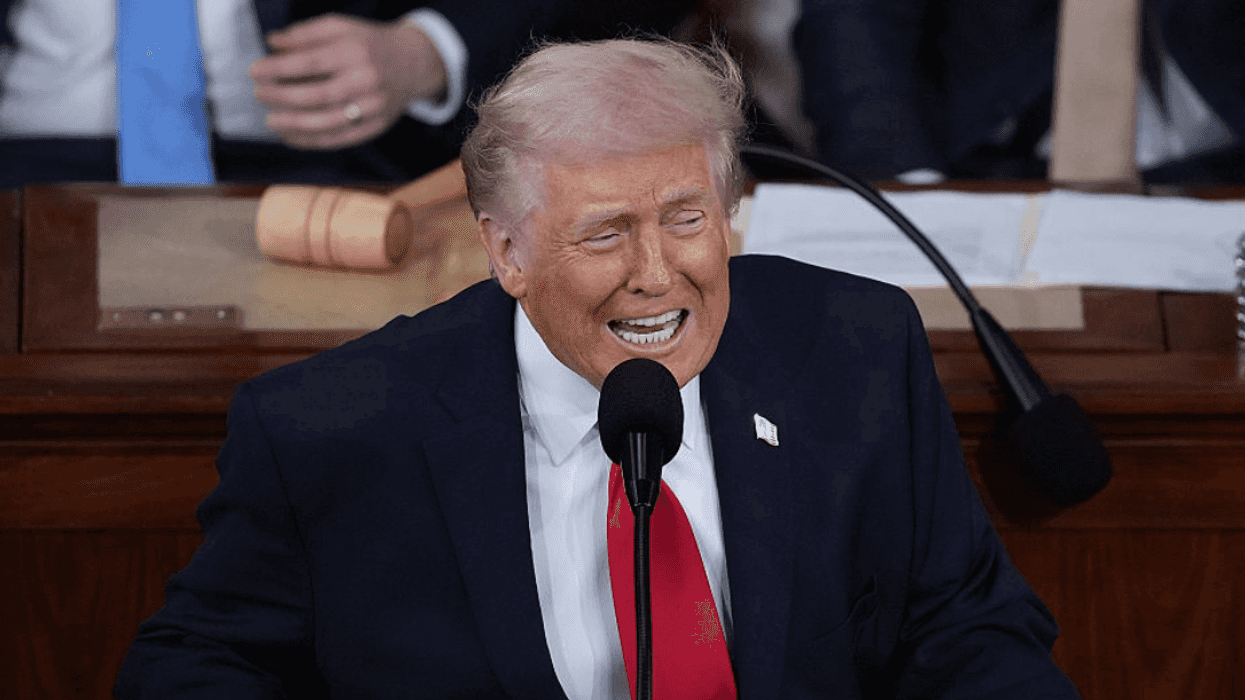




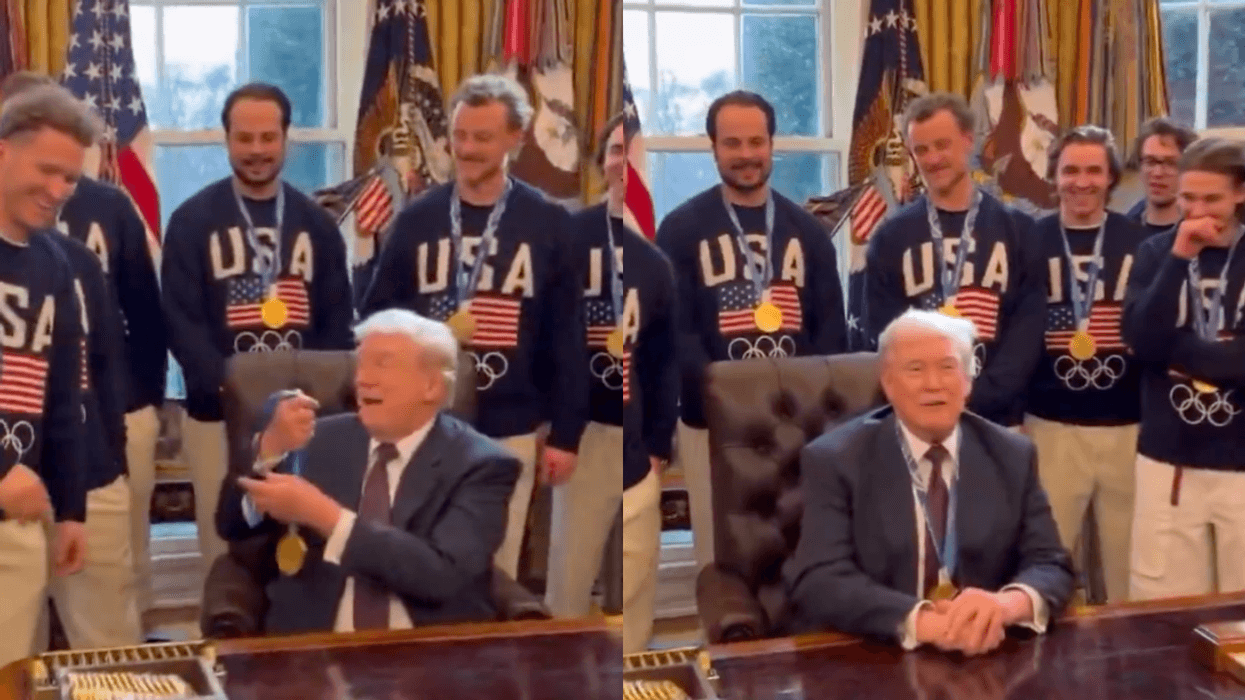
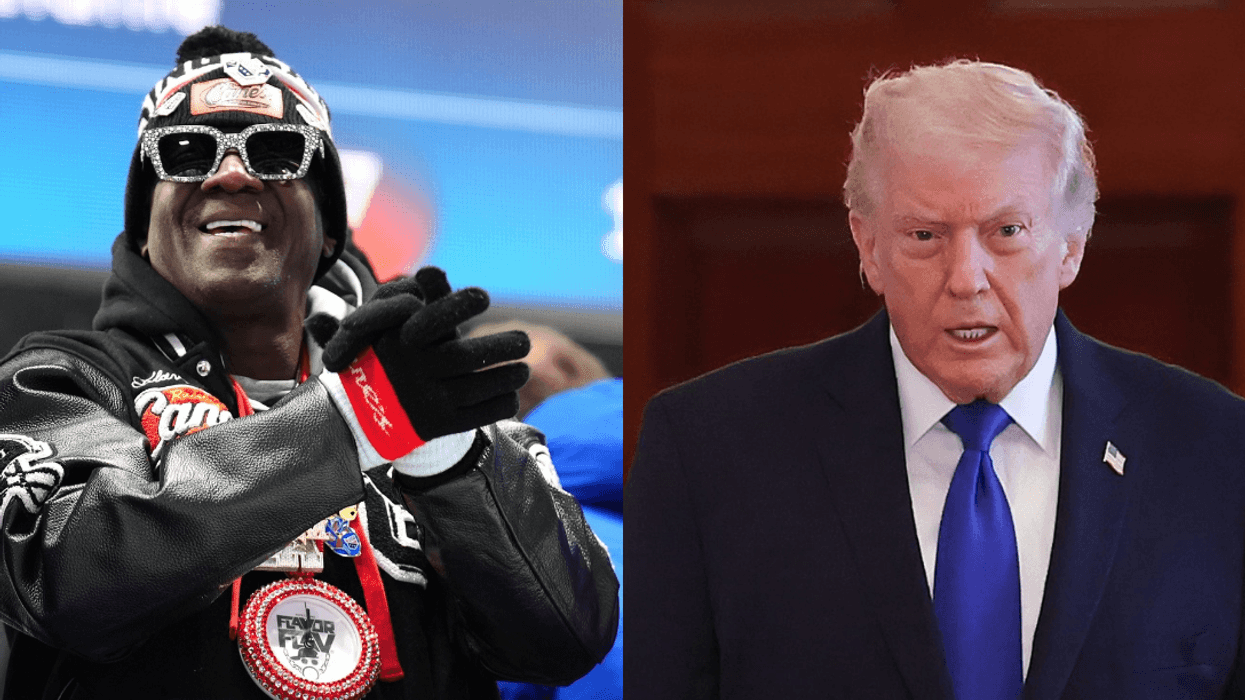
 @FlavorFlav/X
@FlavorFlav/X @flavorflavofficial/Instagram
@flavorflavofficial/Instagram @flavorflavofficial/Instagram
@flavorflavofficial/Instagram
